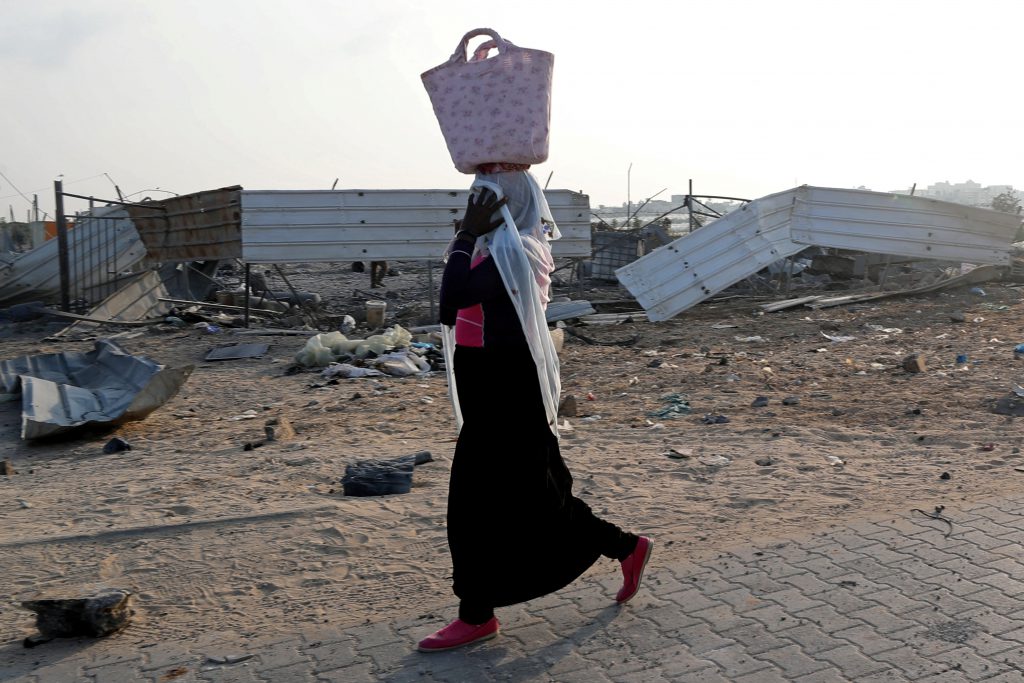Twenty-five years after the signing of the Barcelona Declaration, the European Neighbourhood Policy (ENP), launched in 2004, has become the cornerstone of the EU’s relations with its Southern neighbours.
Revised in 2011 to promote better respect for human rights, the ENP seems to have shifted towards a security approach since its latest revision five years ago, in particular in the field of migration. To mark the 25th anniversary of the Barcelona Declaration, EuroMed Rights and its members across the entire Euro-Mediterranean region publish a regional and country-by-country assessment of the status of human rights in the ENP implementation, with a focus on economic and social rights.
The Barcelona Declaration was the starting point for closer collaboration between the countries of the Euro-Mediterranean region. While the founding document contains some references to human rights – many of which have been written into the European Neighbourhood Policy – the analysis notes a clear gap when it comes to concrete priorities and programmes, as well as policy coherence, particularly concerning economic and social rights. While the ENP pushes for private sector growth, investment and job creation, very little attention is given to the quality and sustainability of the jobs created. As a consequence, the results of economic growth have not trickled down and the enjoyment of human rights seems to have stagnated.
In Egypt for instance, private sector growth has not prevented the worsening of labour conditions or the increase in poverty. Tunisia, in turn, has seen public sector budget cuts, deregulation and the privatisation of essential services, while the EU claims to be promoting inclusive and sustainable socio-economic development.
The report also highlights the lack of consistent and meaningful consultation of non-EU based civil society organisations on policy areas and instruments affecting them. The EU seems to pay little attention to affected communities and the associations they form. Consultations – when they occur – often remain opaque and the EU makes few efforts to enlarge the pool of organisations it involves.
EuroMed Rights wishes to stress, once again, that the ENP goals can only be achieved through the meaningful integration of human rights in all EU programmes and its dialogue with partner countries, with full participation of independent civil society organisations on the ground.
The rising South-North migration flows resulting from worsening socio-economic conditions are a prime testimony that human rights, including economic and social rights, have too long been side-lined. This is even more particularly dire as the COVID-19 pandemic, and the related economic crisis, continue to rage, affecting the lives of millions of people. As a leading regional player, the EU can and must play a key role in reducing socio-economic inequalities, fighting social injustice and preventing, or at least mitigating, austerity measures that all have had detrimental impacts on people’s lives, on both shores of the Mediterranean.
Read the assessment “25 years of the Barcelona process: where are economic and social rights?”

